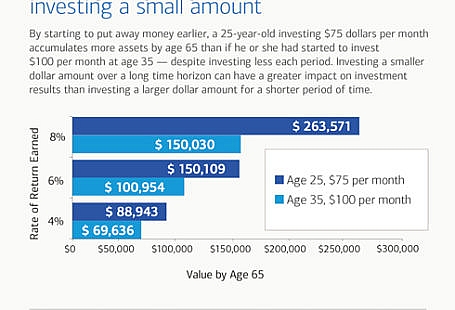It’s a common problem for college students: you have to study for the exam, but you’re stressed and distracted. Here are 6 tips on how to study when you can’t focus, to get you through exams.
These tips are geared towards college students, but high school students will find them helpful, too. At the end of this article, I included a link to my favorite “study skills” website. I visited this blog often last year, when I was studying for exams.
When you’re too stressed or distracted to study, the first thing to do is take a deep breath. You may feel panicked and anxious, and that is an obstacle to learning how to study when you can’t focus. The second thing to do is try to find a way to laugh. Laughter is a huge stress reliever, and it’s important to make time to watch funny movies and TV shows. Give yourself a break and forget about school for awhile.
After you’ve taken a break, you’ll be in a better frame of mind to apply these study tips for students who can’t focus…
How to Study When You Can’t Focus
1. Figure out the source of your inability to focus on the material. Are you distracted by external noise, such as people talking or music playing? Are you physically uncomfortable? Or, are you distracted by internal noise, such as anxiety, depression, or fear? It’s possible that you know how to study, but you can’t focus because you’re worried or anxious. Maybe it’s not study skills you need; maybe you need to deal with whatever is bothering you. One way to do this is to write out your feelings in a private journal or somewhere you feel safe – I welcome you to do that below. Get all your fears and anxieties out, so they don’t continue to stop you from focusing and studying.
2. Think about your time management skills. If you’re stressed and anxious because you can’t keep up with your coursework, labs, extracurricular activities, work, and family obligations, then you need to focus on managing your time better. Students who don’t manage their time well tend to procrastinate, underestimate the time it takes to study for exams or write essays, and spend a lot of time on details that don’t matter. This tip on how to study when you can’t focus is a long-term study skill to learn.
3. Create a schedule that suits your personality, college schedule, and lifestyle. When I was too stressed to study in university, I created a schedule that gave me time to work at my outside job, time to study, and time to play. I found that breaking my schedule into 30 or 60 minute chunks of time worked best — because even if I really really really didn’t want to study for a particular course, I knew I could study for just 30 or 60 minutes. And I wouldn’t stop if the studying was going well, which helped me get good grades in college. Creating a schedule is one of the best ways to focus on studying because it gives you structure and control.
4. Find ways to empower yourself. The more power you have in your life (even perceived power), the less stress you’ll feel. Research shows that the amount of control you have in your life directly affects the amount of stress and anxiety you feel. Why are you here, trying to learn how to study because you can’t focus? Are you overwhelmed by your class schedule, work responsibilities, or family obligations? Are you shy and nervous — do you need help overcoming anxiety about being in college? Find ways to take action.
If you can’t study because you’re worried about money, read 10 Ways to Make College Cheaper.
5. Protect yourself from unplanned study breaks. Not only did I have a study schedule in college, I have a work schedule now (I’m a full-time freelance writer and blogger). Before I created my current work schedule, I kept Twitter, email, my blogs, and various forums open on my laptop. If I got “stuck” for an idea or phrase, I’d surf through all those applications, which made me less productive and more stressed. Now I check email, Twitter, etc, at set times of the day. One of the best tips on how to study when you can’t focus is to stop surfing the internet, answering the phone, answering the door, or doing anything while you’re studying. Focusing on what you’re doing will help you get good grades in college.
6. Take 30 or 60 minutes a day to PowerJournal. This is a good stress management tip for college students, from The Other 8 Hours: Maximize Your Free Time to Create New Wealth and Purpose. In it, Robert Pagliarini recommends spending the first hour of your day writing in a journal, planning your day and week, expressing your fears, frustrations, and achievements, and setting your intentions for school. PowerJournaling clears your head so you can focus on what matters. Taking time to think keeps you in tune with yourself, which is one of the best ways to manage stress and anxiety in college.
It takes time to learn how to study – especially when you can’t focus! But, it doesn’t take long. Even if you learn a few study skills from the internet or the resources below, you’ll have come farther than where you are now.
Resources on How to Study When You Can’t Focus
- How to Become a Straight-A Student: The Unconventional Strategies Real College Students Use to Score High While Studying Less by Cal Newport
- What Smart Students Know: Maximum Grades. Optimum Learning. Minimum Time by Adam Robinson
- Super Memory – Super Student: How to Raise Your Grades in 30 Days by Harry Lorayne
My favorite blog on how to study is Cal Newport’s Study Hacks. Unfortunately, the site is down right now and I don’t know if he’s moved it, or if it’s a temporary problem. Cal wrote the first book in my list of resources above; it’s an excellent book on how to study when you can’t focus.





